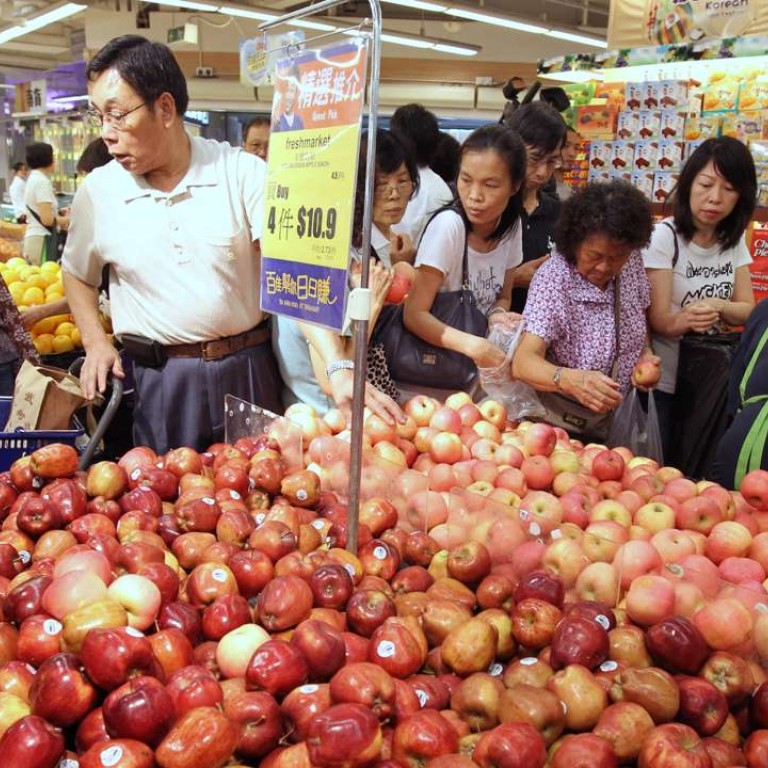
Hong Kong’s food waste levels are hard to stomach when a billion people go hungry on the planet
Wendell Chan calls for greater education and outreach so that young and old alike can learn to treasure food and the processes that bring it to our tables
Does food have an important place in Hong Kong society? October 16 is World Food Day, celebrating the founding of the UN Food and Agriculture Organisation. Although the theme this year focuses on climate change, the core concept still revolves around the importance of food.
When we are happy, we eat. When we are sad, we also eat. To some, eating is a form of entertainment. How many of us follow TV series, channels or blogs dedicated to showing off “food porn” and interesting dishes? There is certainly quite a big foodie scene in Hong Kong.
In the face of global hunger, Hong Kong must stop wasting food
The variety of our dishes and how they are prepared reflect the identity and history of our cultures. What, then, does it say about today’s society when the world wastes 1.3 billion tonnes, or
US$1 trillion worth, of food every year? Although we produce enough to feed a population of 10 billion, we still have almost a billion who go hungry.
What does it say about today’s society when the world wastes 1.3 billion tonnes, or US$1 trillion worth, of food every year?
In Hong Kong, almost half of low-income families are food insecure, that is, they lack reliable access to sufficient affordable, nutritious food; and yet we throw out over 3,600 tonnes of food waste every day. Too often, we only consider what goes on our plates, not what goes into the bin. It is ironic that we love food so much that we also throw away so much.
Take social and business functions, for example. Whether it is for celebrations, gatherings or networking, food plays a central role in our activities. Sometimes it is part of the event, at other times just an excuse to meet up. Regardless, we are taught that, as good hosts, we should always order more than we can finish.
This holds true at home as well. We often buy and prepare too much to make sure our family is well fed. In both cases, much of what is served usually ends up unfinished and in the trash – wasting money, love and food.

Just give us a chance: 89pc of Hongkongers would recycle food waste if they had the facilities
In a sense, we are to blame. We are so used to seeing idealised fruits and vegetables that we automatically equate blemishes to being bad – even if these flaws do not affect the taste in any noticeable way.
As individuals, we should always plan our meals and prepare a shopping list. Although this sounds very simple, having a plan stops us from making frivolous food purchases that will not be eaten.
In Hong Kong, almost half of low-income families are food insecure
We should also only order what we can finish. Not only would we avoid waste, those who always have to clean up the leftovers would be really thankful.
Businesses should remember that the purpose of a function isn’t to eat, but to network. They need to avoid falling into the trap of “an empty plate equals a bad host”, work with the caterer to avoid serving too much, and collaborate with food redistribution organisations to ensure good food isn’t wasted.
To many of us, food is more than just sustenance. It is also an experience to be enjoyed and shared. But how can we say we love food if we don’t even appreciate how it is produced?
Some of my generation – let alone others – are so thoroughly disconnected from our food system that they think all cows are black and white. Although there are more young people looking into farming instead of banking, our government must do more – through education and outreach – to reconnect both our younger and older generations with where our food comes from. This way, we can truly treasure food.
Wendell Chan is project officer at Friends of the Earth (HK)
